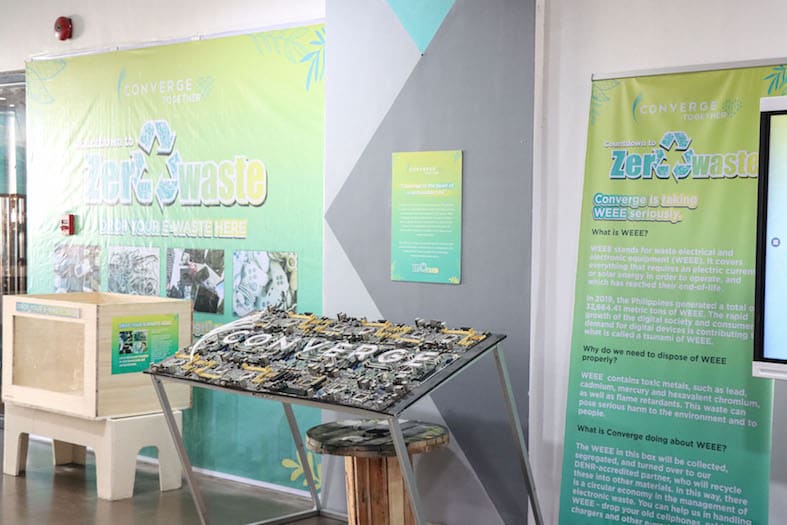If the Department of Trade and Industry had its way, the government should stop the direct sale abroad of our mineral ores and instead encourage investments in minerals processing in the country.
This is a step in the right direction, since mineral ores such as nickel and copper are depletable resources.
The DTI wants to encourage new entrants if they will invest in processing of the ore into high value-added products.
In other words, we have to move up the value chain.

As a case in point, the agency wants to convince Japan’s Sumitomo Metal Mining Co. Ltd., which already has operations in the country, to pursue higher value processing of ore in the Philippines.
The Japanese firm has two subsidiaries in the country, namely the Coral Bay Nickel Corp., operating in Palawan, and the Taganito HPAL Nickel Corp., operating in Surigao del Norte.
What’s important is that there should be an environmentally friendly way of processing nickel ore in mining areas, and to migrate the processing to even higher value-added stages of the production chain to include, for instance, the manufacture of lithium ion batteries.
DTI Secretary Alfredo Pascual favors the policy shift.
He believes mineral processing is crucial, given our resources of green metals such as nickel, copper and cobalt.
These minerals can be used for downstream industries, such as electric vehicles battery manufacturing, hyperscaler data centers and renewable energy projects.
What is happening at present is that the country is an exporter of raw materials. The ideal situation, however, is for us to process and produce semi-finished and finished products.
The proposed shift toward mineral processing falls under the industrial, manufacturing and transport cluster.
Across these IMT subsectors, the common denominator is electronics and electrical parts that are now part of the global value chains.
The IMT sector also includes industries such as aerospace, electric vehicles, advanced electronics chips and products, semiconductors and advanced manufacturing technologies.
The DTI is also encouraging more investments in electric vehicles as part of its green metals initiative.
To join the EV or electric vehicle global value chain, it wants to invite investments in relevant technologies, such as producing and developing pollution reduction and green vehicles, IT in vehicles, and precision metal components of electric vehicles.
Recent visits of the Chief Executive to other countries, such as Japan, underscore this.
The DTI’s green metals initiative is anchored on the need for an immediate global transition to clean-energy technologies.
The Philippines is fortunate in having a rich lode of green metals.
We have an estimated two billion metric tons of nickel reserves, 1.1 billion metric tons of copper and 260,000 metric tons of cobalt.
If we can process these instead of exporting them in raw form, then we sustain economic growth, reduce poverty levels and improve the quality of life of Filipinos.







